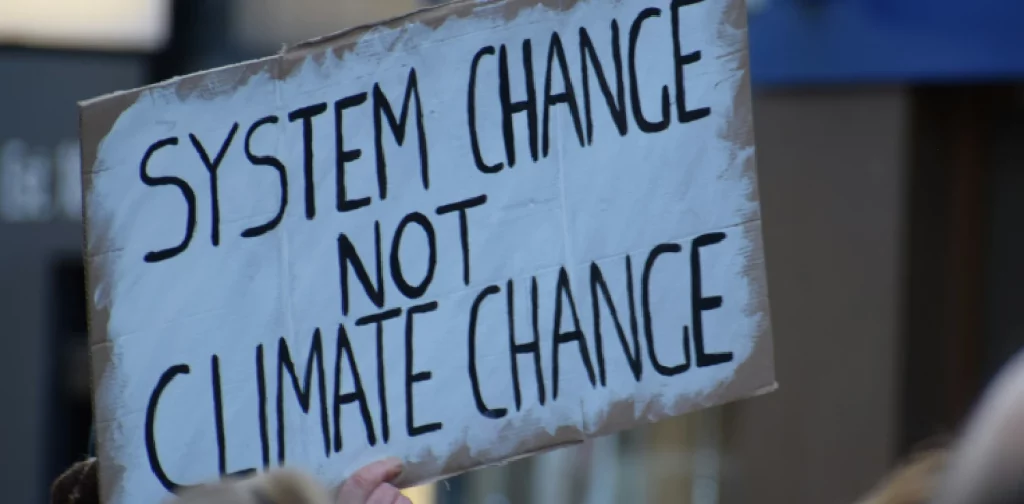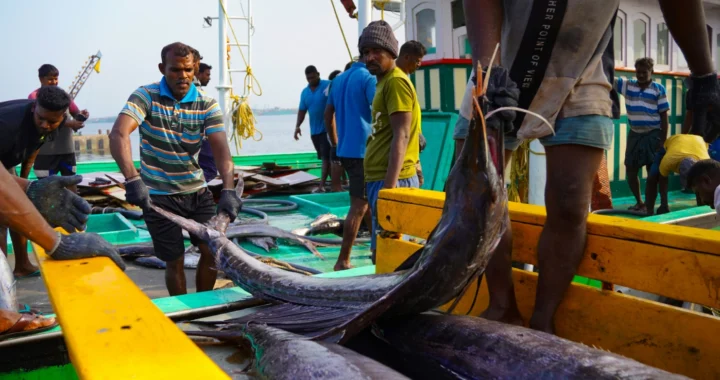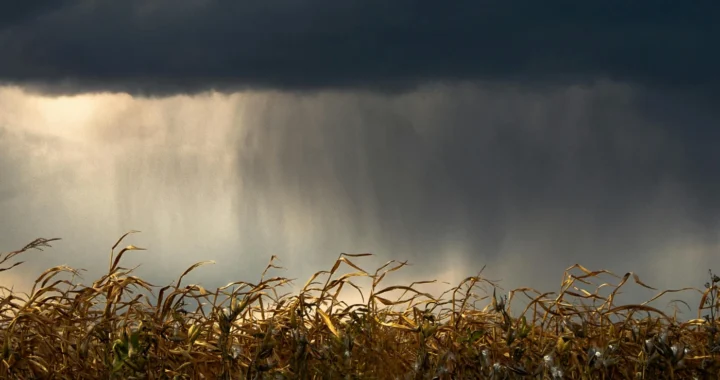Urgency to Limit Global Temperature Rise as 2023 Became the Hottest Year

Photo: Ma Ti on Unsplash.
We have all heard of climate change in recent years—so frequently it almost sounds like a buzzword. However, it is a real issue that could significantly impact people and the planet if not properly mitigated. As 2023 recently set the record as the warmest year since 1850, what efforts are needed to limit global temperature rise?
2023, the Warmest Year
For years, the issue of climate change remains one of the world’s most urgent matters. It has affected the Earth in numerous ways, including exacerbating the severity and frequency of natural disasters, altering ecosystems and wildlife habitats, and causing sea levels to rise. Researchers estimated that the average cost of the damages from extreme weathers alone reached around 143 billion USD from 2000 to 2019.
Through the Paris Agreement, world leaders pledged commitment to limiting global temperature rise to below 2°C, with the targeted maximum increase of 1.5°C above pre-industrial levels by the end of this century. Crossing the 1.5°C threshold could unleash more severe climate change impacts.
Worryingly, recent data shows that the year 2023 was recorded as the warmest year since 1850. The European Union’s Copernicus Climate Change Service stated that 2023 was 1.48°C warmer than 1850-1900, the designated benchmark for the pre-industrial level temperature.
Furthermore, data shows that two days in 2023 exceeded the 2°C level, and almost 50% of days in 2023 exceeded the 1.5°C threshold. The number well exceeded 2016, the previous warmest year on record, with around 20% of days exceeding the 1.5°C threshold.
Countries’ Climate Commitments
Human activities significantly contribute to producing greenhouse gas emissions. As a mitigation effort, each country that signed the Paris Agreement must develop a Nationally Determined Contribution (NDC) document stating their plans to reduce carbon emissions as a part of climate mitigation.
During the COP26 in Glasgow, countries agreed to revisit and strengthen their NDCs to align their plans with the 2030 climate targets. However, the Climate Action Tracker’s December 2023 Global Update shared that only 38 countries had submitted their updated plans, while the remaining 156 countries had not. With the current NDC targets, the global temperature rise is estimated to reach 2.5°C at the end of the century, which is way over the 2.0°C target.
One of the most critical aspects to address is the fossil fuels industry. While there has been a global shift from fossil fuels to renewable energy, many countries still depend on the extensive carbon industry to fulfill their energy demand. For instance, Indonesia’s emissions recently increased by 21% due to coal use. Achieving the 1.5°C and 2°C target limits will require a strong commitment from all countries to move past fossil fuel use.
Limiting Global Temperature Rise
With 2023 setting the record as the warmest year so far, countries must ramp up their commitments and actions to limit global temperature rise. This means putting genuine efforts into coal phaseout instead of just ‘transitioning away’. Focusing on expanding renewable energy integration, utilizing international funding mechanisms, and stopping carbon-extensive industries through regulations are critical to supporting climate mitigation globally.
Editor: Nazalea Kusuma

Join Green Network Asia Membership
Amidst today’s increasingly complex global challenges, equipping yourself, team, and communities with interdisciplinary and cross-sectoral insights on sustainability-related issues and sustainable development is no longer optional — it is a strategic necessity to stay ahead and stay relevant.

Kresentia Madina
Madina is the Assistant Manager of Stakeholder Engagement at Green Network Asia. She holds a bachelor’s degree in English Studies from Universitas Indonesia. As part of the GNA In-House Team, she supports the organization's multi-stakeholder engagement across international organizations, governments, businesses, civil society, and grassroots communities through digital publications, events, capacity building, and research.


 Nepal’s Five-Year Strategy to Clean Up the Mounting Waste in Mount Everest
Nepal’s Five-Year Strategy to Clean Up the Mounting Waste in Mount Everest  Exploring Public Health Implications of Data Centers
Exploring Public Health Implications of Data Centers  Exploring Technological Advancement to Replace Animal Testing
Exploring Technological Advancement to Replace Animal Testing  Addressing Overconsumption for Transformational Changes
Addressing Overconsumption for Transformational Changes  Global Reform on Fisheries Subsidies Signals a Hopeful Shift Toward Ocean Sustainability
Global Reform on Fisheries Subsidies Signals a Hopeful Shift Toward Ocean Sustainability  A Major Cause of Changing Rainfall Patterns
A Major Cause of Changing Rainfall Patterns